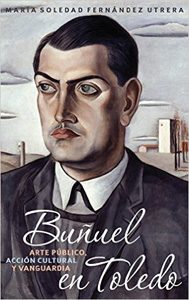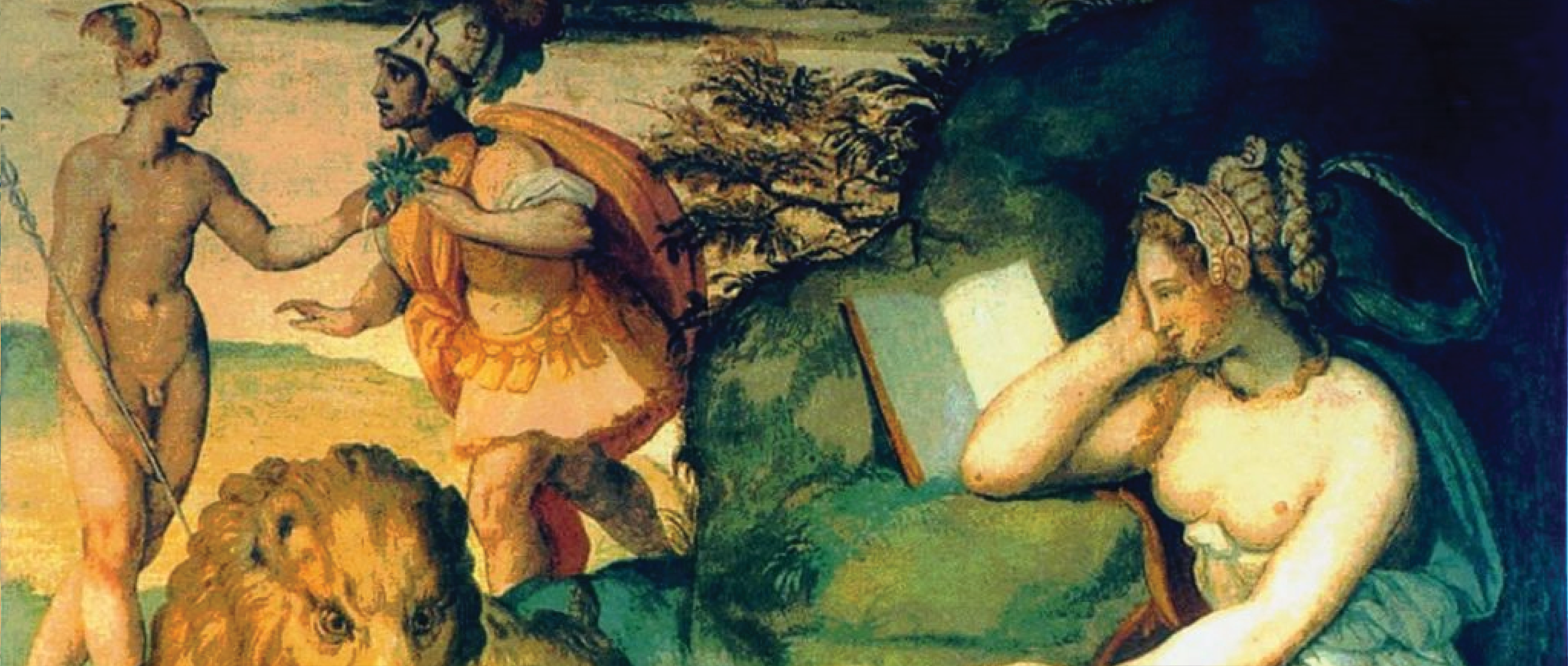[Cross-listed with Italian 420H]
Cultural Crossings Between Italy and China
Over the centuries, crossings between Italy and China have produced the most sustained, and arguably the most influential, strand of cultural texts on East-West borrowings. France and Britain also contributed significantly to European understandings and imagination of modern China. This course examines the evolution of Italian perspectives on China through significant literary, cinematic, and media texts of Italians’ real and fantastical travels in China and of Chinese immigration to Italy. French and British sources will also be studied mainly for comparative purposes.
The aim of the course is to analyze the contexts, ways, and reasons for which specific knowledge about China was produced, interpreted, and negotiated in Italy. Central themes we consider include the notions of the other and the self, the center and the border, boundary space, hybrid cultural identities, ethnic essentialism, and intercultural communication. To this end, we journey through four thematic clusters, including “Marco Polo and His Legacy in Italy,” “The Cultural Revolution in Italian and French Representations,” “Chinese, Italian, British, and American Cinematic Exchanges,” and “Chinese Immigration to Italy.” Theories about mobility (e.g., James Clifford, Michel De Certeau, and Edward Said) accompany specific primary texts.
This course will appeal to students who are interested in the fields of Italian, transnationalism, globalization, and intercultural studies. Ultimately, they will learn to put Italian and European interpretations of contemporary China as a rising superpower in perspective.
Primary texts include excerpts from the following list:
Marco Polo, Il Milione (1298-99)
Italo Calvino, Le città invisibili (1972)
Giacomo Puccini, Giuseppe Adami, and Renato Simoni, Turandot (1924)
Bernardo Bertolucci, L’ultimo imperatore (1987)
Michelangelo Antonioni, Chung Kuo Cina (1972)
Alberto Moravia, La rivoluzione culturale in Cina (1967)
Julia Kristeva, Des Chinoises (1977)
Vittorio De Sica, Ladri di biciclette (1948)
Wang Xiaoshuai, Shi Qi Sui de Danche/Beijing Bicycle (2001)
Charles Brabin, The Mask of Fu Manchu (1932)
Mario Caiano, Il mio nome è Shangai Joe (1972)
Roberto Saviano, Gomorra (2006)
Matteo Garrone, Gomorra (2008)
Sergio Basso, Giallo a Milano: Made in Chinatown (2008)
Andrea Segre, Io sono Li (2011)
Edoardo Nesi, Storia della mia gente (2010)
Yang Xiaping, Come due farfalle in volo sulla Grande Muraglia (2011)
Prerequisite:
At least 30 credits of lower division courses or permission of the instructor. Precludes credit for ITAL 420H and vice versa.
Note:
Students who plan to minor in Italian must take this course as ITAL and will be expected to do part of their reading and assignments in the Italian language.
ITST 421 may be taken twice, with different content, for a total of 6 credits.
Language of instruction: English
Course Registration


